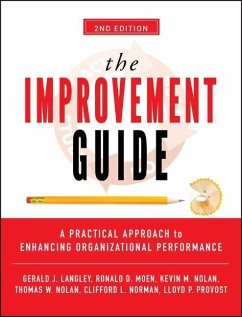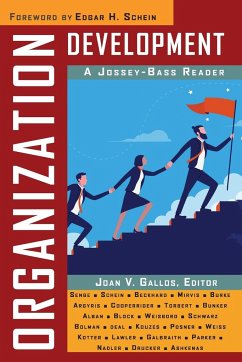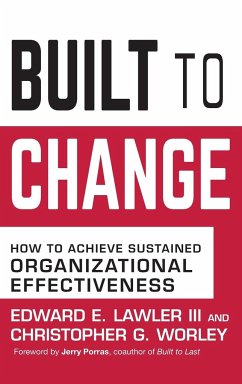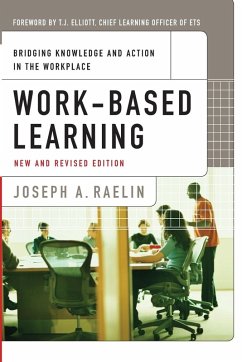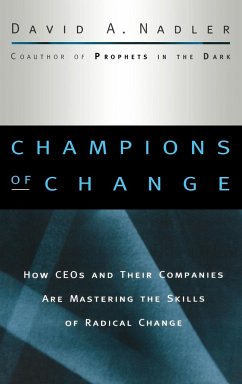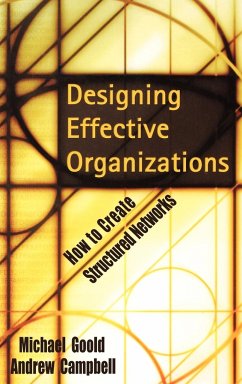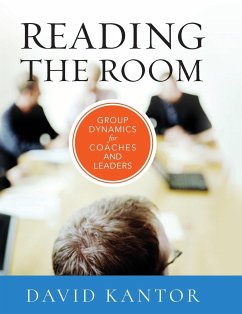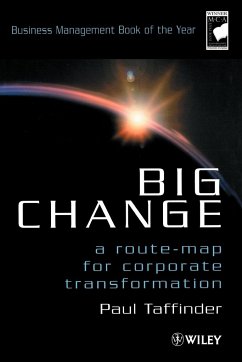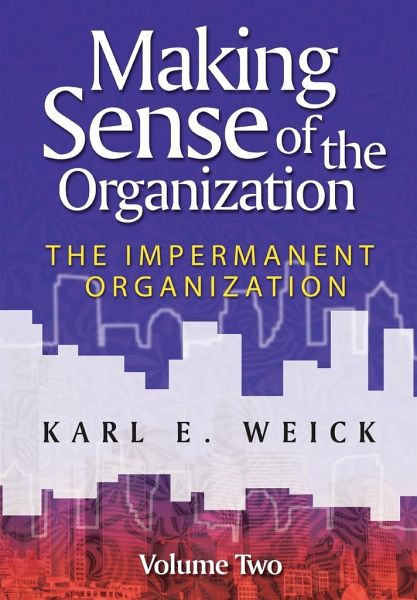
Making Sense of the Organization, Volume 2
Versandkostenfrei!
Versandfertig in 2-4 Wochen
48,99 €
inkl. MwSt.
Weitere Ausgaben:

PAYBACK Punkte
24 °P sammeln!
Making Sense of the Organization elaborates on the influential idea that organizations are interpretation systems that scan, interpret, and learn. These selected essays represent a new approach to the way managers learn and act in response to their environment and the way organizational change evolves. Readers of this volume will find a wealth of examples and insights which go well beyond thinking and cognition to explain action. The author's ideas are at the forefront of our thinking on leadership, teams, and the management of change."This book engages the puzzle of impermanence in organizing...
Making Sense of the Organization elaborates on the influential idea that organizations are interpretation systems that scan, interpret, and learn. These selected essays represent a new approach to the way managers learn and act in response to their environment and the way organizational change evolves. Readers of this volume will find a wealth of examples and insights which go well beyond thinking and cognition to explain action. The author's ideas are at the forefront of our thinking on leadership, teams, and the management of change.
"This book engages the puzzle of impermanence in organizing. Through rich examples, evocative language, artful literature citing, and imaginative connecting, Weick re-introduces core ideas and themes around attending, interpreting, acting and learning to unlock new insights about impermanent organizing. The wisdom in this book is timeless and timely. It prods scholars and managers of organizations to complicate their views of organizing in ways that enrich thought and action." - Jane E. Dutton, Robert L. Kahn Distinguished University Professor, University of Michigan
"This book engages the puzzle of impermanence in organizing. Through rich examples, evocative language, artful literature citing, and imaginative connecting, Weick re-introduces core ideas and themes around attending, interpreting, acting and learning to unlock new insights about impermanent organizing. The wisdom in this book is timeless and timely. It prods scholars and managers of organizations to complicate their views of organizing in ways that enrich thought and action." - Jane E. Dutton, Robert L. Kahn Distinguished University Professor, University of Michigan





